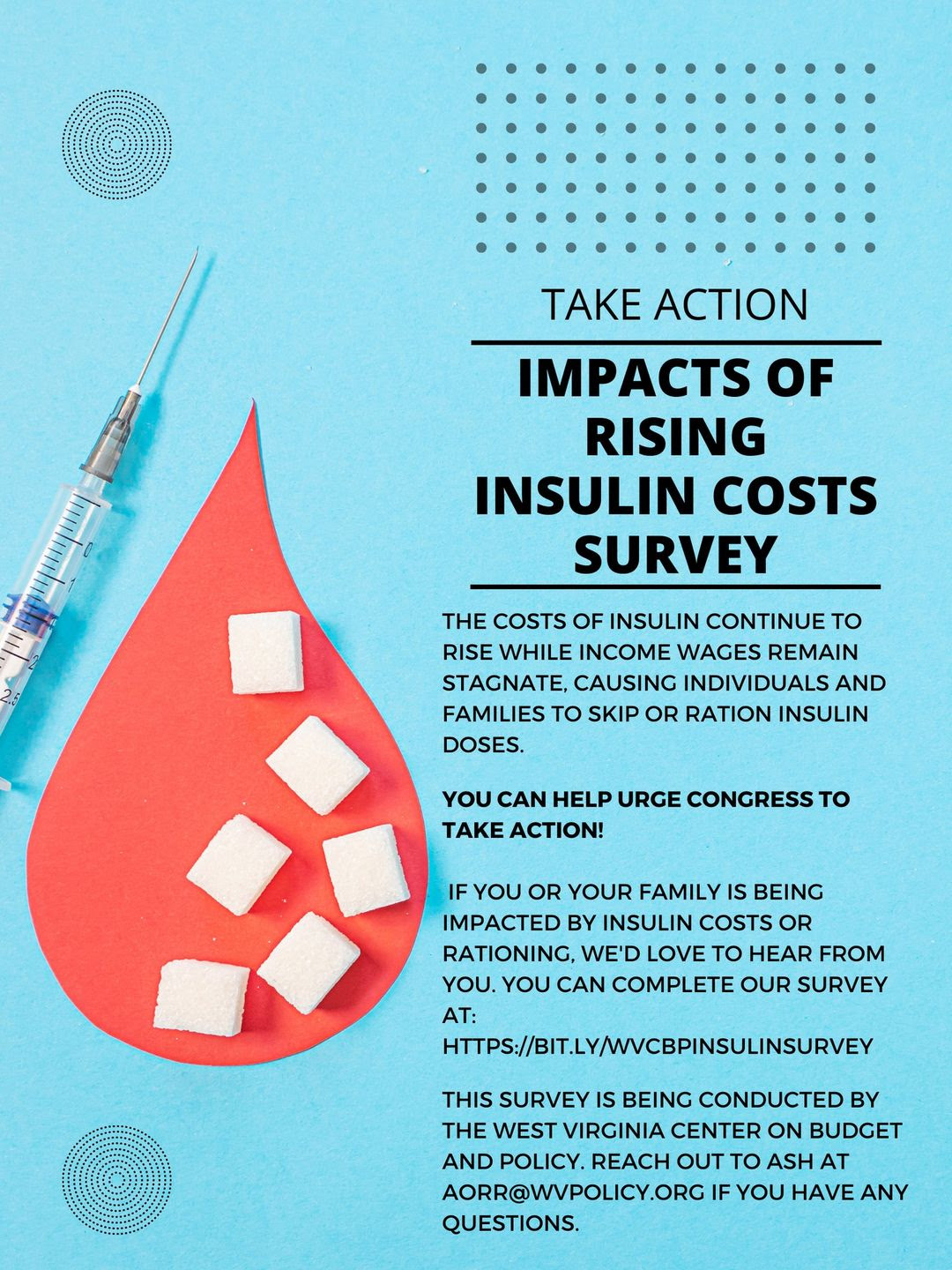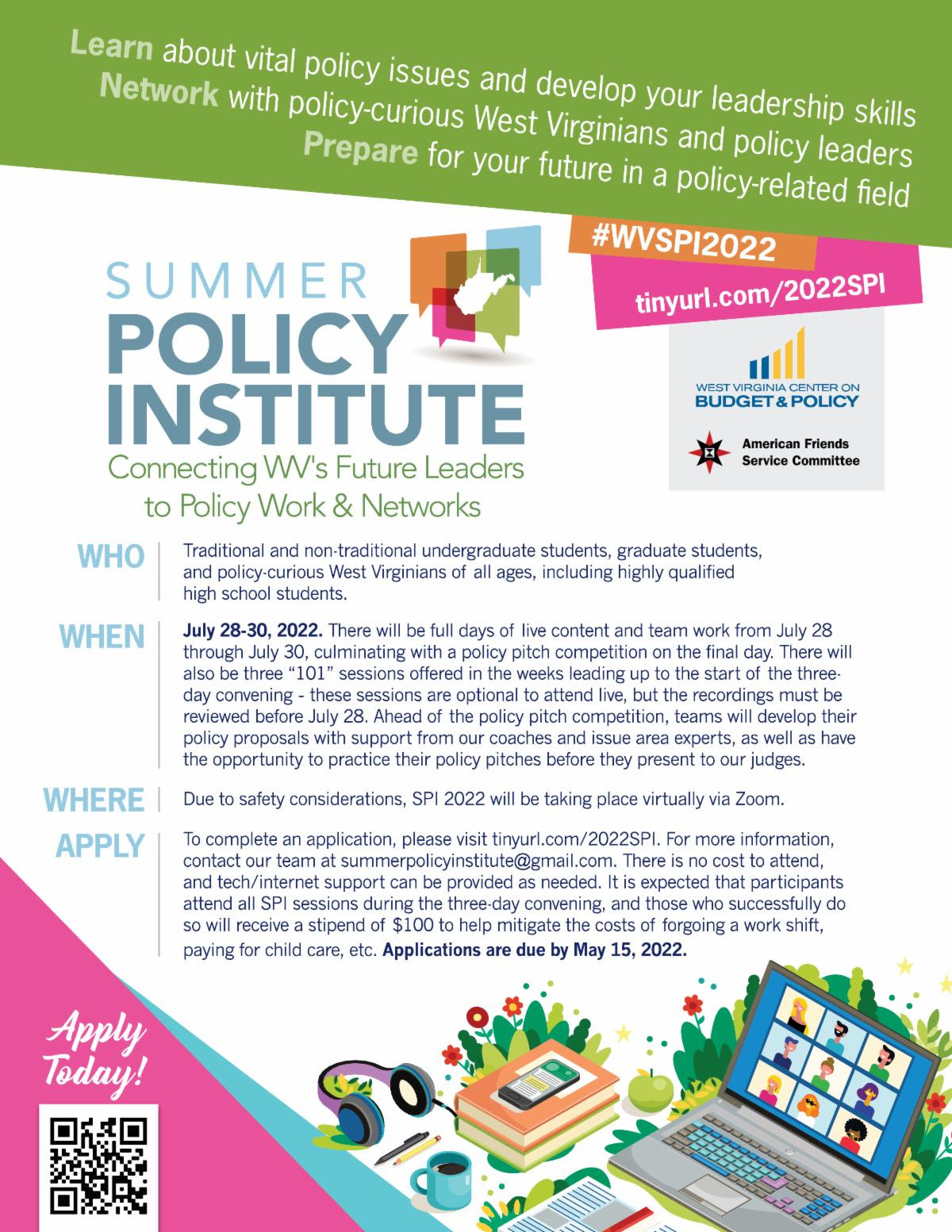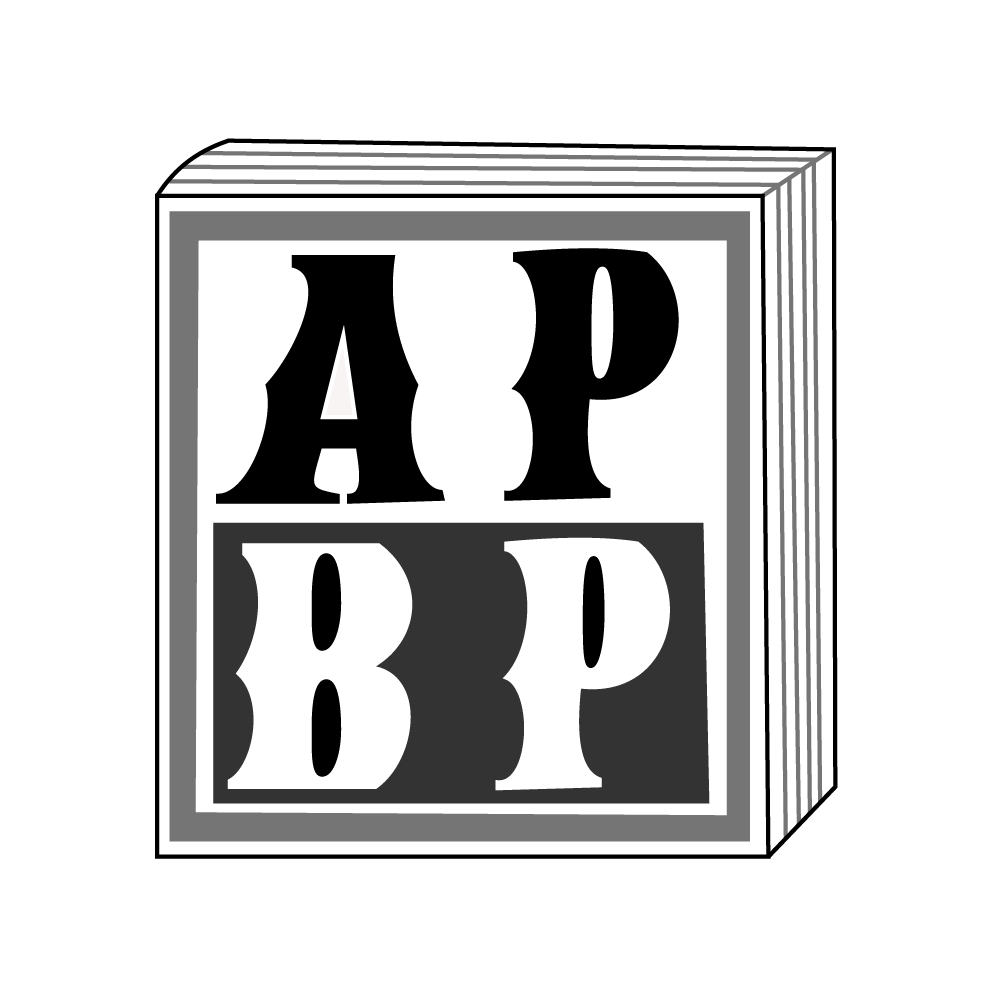This fall, West Virginians will vote on a proposed constitutional amendment to give the state legislature the authority to exempt most business personal property and personal vehicles from the property tax, potentially costing local governments hundreds of millions in lost revenue. Property tax levies (including excess and bond levies) provide critical revenue for local services in nearly every community in the state. Currently, 44 of West Virginia’s 55 school districts, 30 of the state’s 55 county governments, and 57 municipalities have excess levies in place. In addition, 20 school districts have active bond levies. All of these community-supported levies are at risk of funding shortfalls if the proposed property tax amendment is approved this fall and property tax cuts are later enacted.
This lost revenue would directly affect local government services, as most excess levies provide dedicated funding to direct services, including levies for fire protection, EMS services, senior services, libraries, health departments, transportation services, and more. In addition, the loss of revenue would impact local governments’ ability to make bond payments, as the bond levy rates are set at the rate necessary to pay the principal and interest on bond. If current sources of revenue like business machinery and equipment are exempted, the current bond levy rates would be insufficient to meet the required payments, putting localities at risk of failing to meet their bond repayments.
The property tax directly funds government services that West Virginians engage with and benefit from on a daily basis. As such, it is no surprise that such a significant share of property tax revenue comes from excess and bond levies, which must be approved by voters in each unique community. The proposed constitutional amendment would significantly weaken the ability of local communities to make their own investments, taking power away from local voters in favor of allowing the state legislature to pursue more ineffective tax cuts.
Sean’s blog post is the first in a series outlining why this amendment should be rejected. Read it here.
More than two years into the COVID-19 pandemic, it is abundantly clear that federal relief has been critical to mitigating the worst impacts of the pandemic recession and keeping workers and families afloat. In their recent op-ed, WVCBP executive director, Kelly Allen, and WV Rivers Coalition executive director, Angie Rosser, argue for ongoing and targeted federal support that meets the many needs of the moment. Excerpt below:
A big takeaway from the past two years is that government response matters. From the Paycheck Protection Program to the rollout of lifesaving vaccines, federal investments helped keep families and businesses whole while stemming the worst health and economic outcomes. Emergency relief helped families and workers get by. But, even before COVID-19 and inflation, the basics we rely on were too expensive for working people.
Now, we face critical support expiring just as prices for everything from gas to groceries are rising. This might be Congress’s last and best opportunity to act so we don’t lose ground we’ve gained, and we need Sen. Joe Manchin, D-W.Va., to get the job done by enacting straightforward, targeted policies that will lower costs for workers and families as part of a commonsense economic reconciliation package that includes investments in:
[see full op-ed for detailed descriptions of the support needed regarding each of the above categories]
News reports indicate that there’s also an effort in Congress to pass a bipartisan energy and climate bill aimed at lowering energy costs. We support these goals — but an energy bill is not a replacement for an economic package that helps families afford the things they need. These priorities need not be pitted against each other. The budget reconciliation process allows Congress to tackle climate and energy challenges and provide the targeted help workers and families need at the same time.
That’s the right path forward.
Read the full op-ed.

The costs of insulin continue to rise while income wages remain stagnant, exacerbating pressure on individuals and families to skip or ration insulin doses in order to make ends meet.
You can help us in our fight to urge Congress to take action! If you or your family is being impacted by insulin costs or rationing, please consider completing our survey and aiding us in our advocacy– we appreciate your time and insight.

Just a few spots left in our Summer Policy Institute 2022 cohort!
The Summer Policy Institute (SPI) is an annual convening hosted by the WVCBP and the American Friends Service Committee that brings together highly qualified traditional and non-traditional undergraduate students, graduate students, and policy-curious people of all ages to build policy knowledge, leadership skills, and networks.
Attendees participate in interactive sessions where they learn the basics of data, policy, and state government and build their organizing and advocacy skills. Throughout the institute, participants work in small groups to identify and develop policy proposals to shape the future they want to see in West Virginia, culminating in team “policy pitches” to state legislators and policy professionals. Many SPI attendees have gone on to continue advocating for their policy idea and to hold internships with West Virginia non-profits and in state government.
This year’s SPI theme is “Growing a West Virginia that Works for Everyone.”
Due to ongoing public health considerations, SPI 2022 will take place virtually via Zoom from July 28-30. Find further details and instructions to apply in the flyer below and on our event landing page here. There is no cost to attend. Please don’t hesitate to reach out to our team at summerpolicyinstitute@gmail.com with any questions.
The application deadline has been extended to May 15. People of all ages are welcome to apply, so please feel free to share with any folks you think may be interested!

Applications for Appalachian Prison Book Project (APBP)‘s 2022-2023 Education Scholarship are live!
Four, $3,000 scholarships will be awarded to individuals who have been released from a West Virginia Department of Corrections and Rehabilitation (WVDCR) state prison or federal prison (BOP) in West Virginia and who will be beginning or continuing their undergraduate or graduate education at a college or university in West Virginia.
This is an incredible opportunity for justice-impacted folks in the Mountain State who want to further their education. Please share with anyone you think may be interested and eligible! Application submission deadline is July 15, 2022.
You can find full details and instructions to apply here.

Since July 2021, most households with children had received monthly enhanced Child Tax Credit payments of $250- 300 per child. However, the enhanced Child Tax Credit was temporary and expired at the end of 2021 unless Congress acts to extend it in 2022 through the Build Back Better Act or other legislation.
The impact on children and families since the expiration of the enhanced Child Tax Credit has been severe. Between Dec. 2021 and Jan. 2022, there was a staggering 41 percent increase in child poverty nationwide due to the loss of the monthly payments. And as inflation continues to exacerbate family financial hardship, the need to make the enhanced Child Tax Credit permanent is as urgent as ever.
If you received monthly Child Tax Credit payments, we’d love to hear how they had been helping your family and how your family has been impacted now that the payments have (at least temporarily) expired.
Join us in our advocacy by completing our survey here or participating in the #Unbearable Child Tax Credit campaign.
Learn more about what’s at stake if the enhanced Child Tax Credit is not extended in our blog post here.
Find guidance on how to collect your Child Tax Credit payment here.

The WVCBP’s Elevating the Medicaid Enrollment Experience (EMEE) Voices Project seeks to collect stories from West Virginians who have struggled to access Medicaid across the state. Being conducted in partnership with West Virginians for Affordable Health Care, EMEE Voices will gather insight to inform which Medicaid barriers are most pertinent to West Virginians, specifically people of color.
Do you have a Medicaid experience to share? We’d appreciate your insight. Just fill out the contact form on this webpage and we’ll reach out to you soon. We look forward to learning from you!
You can watch WVCBP’s health policy analyst Rhonda Rogombé and West Virginians for Affordable Health Care’s Mariah Plante further break down the project and its goals in this FB Live.
